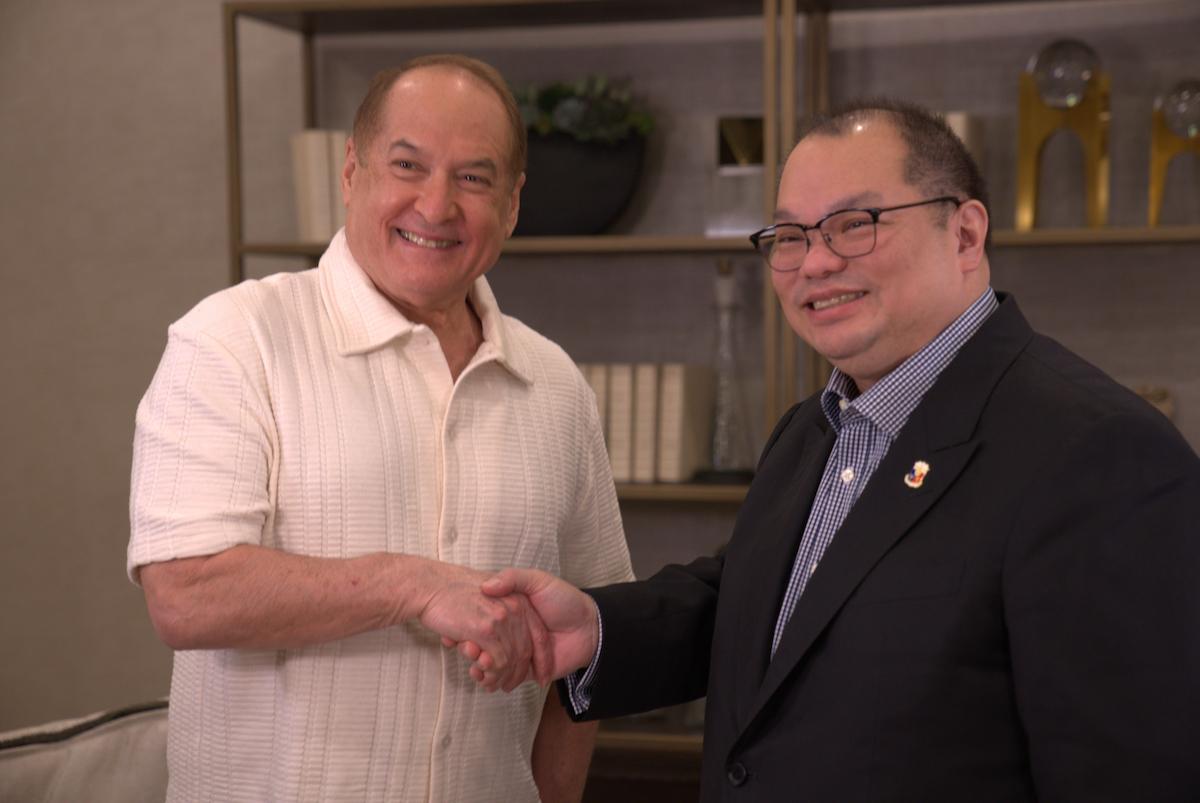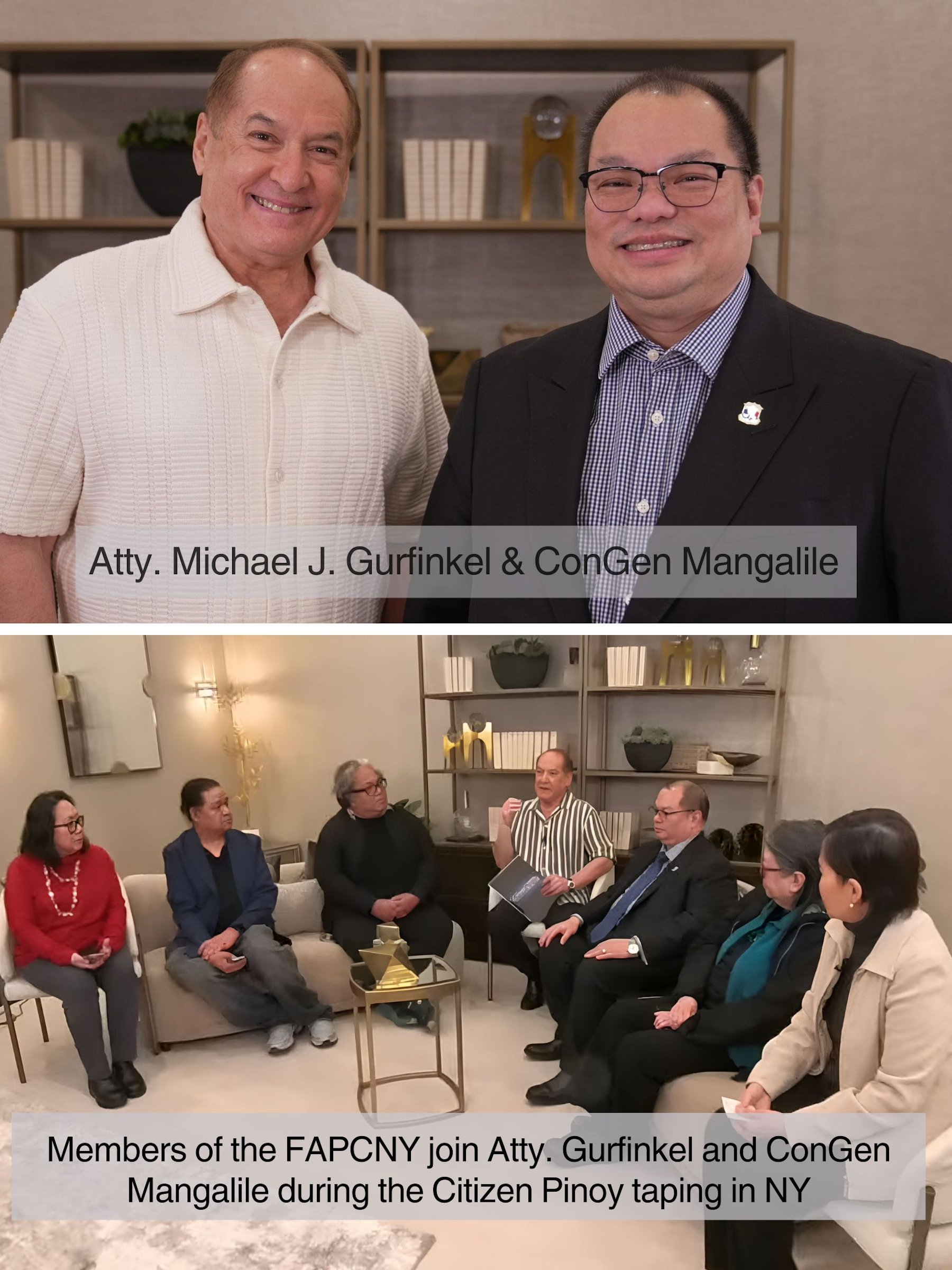ON June 26, 2013, the US Supreme Court struck down section 3 of the Defense of Marriage Act (DOMA) as unconstitutional in the landmark case US. V. Windsor. The BIA shortly thereafter issued a decision in Matter of Zeleniak holding that DOMA is no longer an impediment in recognizing same-sex couples under the immigration and Nationality Act. Matter of Zeleniak, 26 I&N Dec. 158 (BIA 2013). This means a same-sex marriages are now valid for immigration purposes as long as the marriage is recognized in the “place of celebration.”
This means a same- sex marriage is valid for immigration purposes as long as it was valid in the place of celebration. The same-sex marriage is valid even if the applicant is applying in a country in which same-sex marriage is illegal. On June 26, 2015, the United States Supreme Court ruled in Obergefell v. Hodges that state-level bans on same-sex marriage are unconstitutional. The court ruled that the denial of marriage licenses to same-sex couples and the refusal to recognize those marriages performed in other jurisdictions violates the Due Process and the Equal Protection clauses of the Fourteenth Amendment of the United States Constitution.
In the area of immigrant visas, a same sex US Citizen spouse or legal permanent resident spouse may now petition for an immigrant visa for their spouse as long as the marriage was valid in the place of celebration. Validity of the marriage is not based on the place of domicile.
Stepchildren acquired through the same sex marriage can also qualify under the same requirements as stepchildren acquired through opposite sex marriages. Same sex spouses and qualified children or step children can also qualify as dependents of employment-based categories and family-preference categories as derivatives.
Same-sex partners of US citizens may also apply for K-1 fiancé non-immigrant visa the same way opposite sex partners may petition for a fiancé visa. The same sex US Citizen spouse may then file an immigrant petition and adjustment of status after the fiancé enters the US and marries the US citizen spouse.
Widows and widowers of same-sex spouses can also qualify for immigration benefits under INA 204(l). Generally, this is done by filing a self-petition within two years of the death of the US citizen same sex spouse.
In the area of non-immigrant visas, same-sex spouses and their children are now eligible for non-immigrant visa as a derivative. Same sex spouses and their children can qualify as derivatives in non-immigrant visas including H , E , L , O , R visas, etc.
For aliens with final removal orders issued prior to the Windsor decision, the recognition of the validity of same sex marriage makes available new relief for their case. It may be possible to file a motion to reopen the deportation/removal case even if the removal order was issues past 90 days.
* * *
Attorney Kenneth Ursua Reyes is a Certified Family Law Specialist. He was President of the Philippine American Bar Association. He is a member of both the Family law section and Immigration law section of the Los Angeles County Bar Association. He has extensive CPA experience prior to law practice. LAW OFFICES OF KENNETH REYES, P.C. is located at 3699 Wilshire Blvd., Suite 747, Los Angeles, CA, 90010. Tel. (213) 388-1611 or e-mail [email protected] or visit our website at Kenreyeslaw.com.
* * *
Please note that this article is not legal advice and is not intended as legal advice. The article is intended to provide only general, non-specific legal information. This article is not intended to cover all the issues related to the topic discussed. The specific facts that apply to your matter may make the outcome different than would be anticipated by you. This article does create any attorney client relationship between you and the Law Offices of Kenneth U. Reyes, P.C. This article is not a solicitation.





